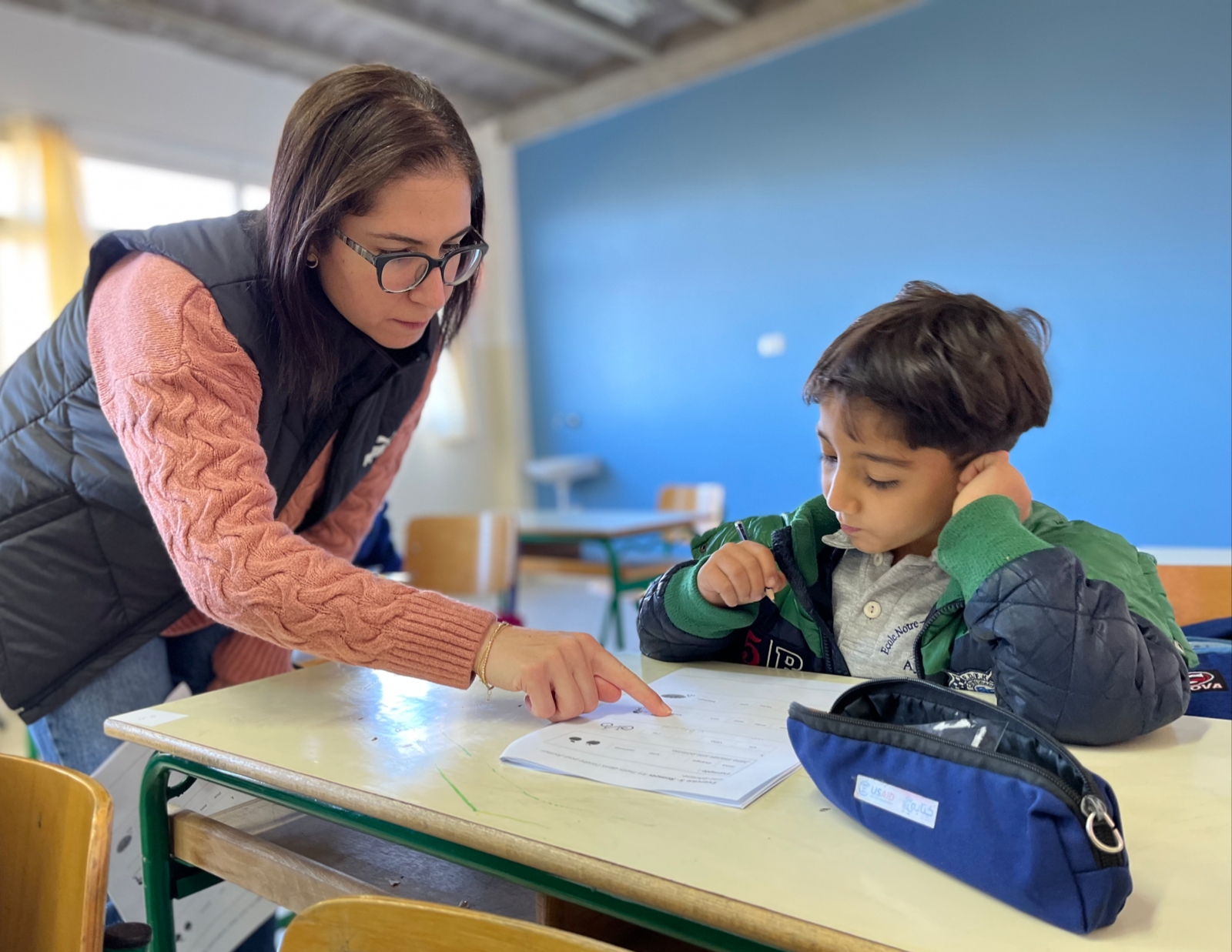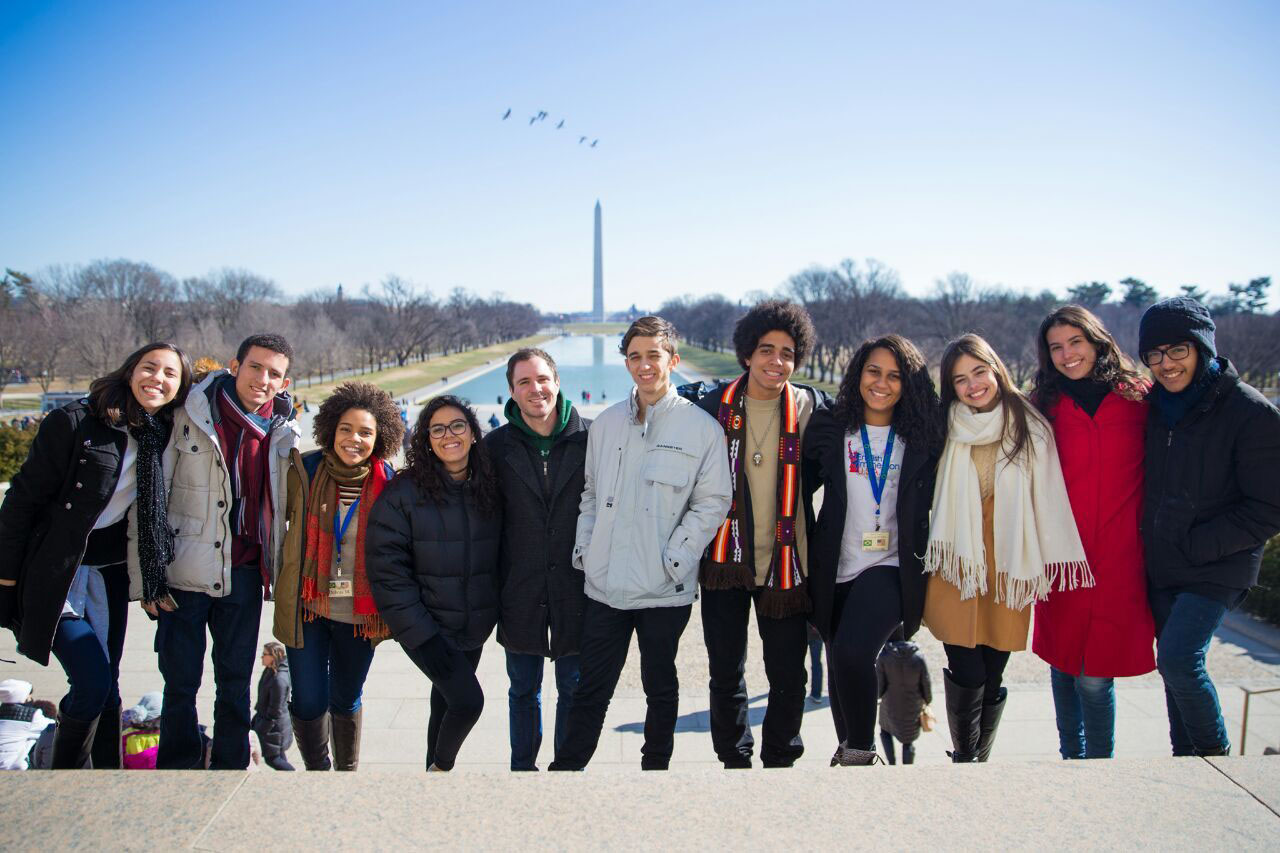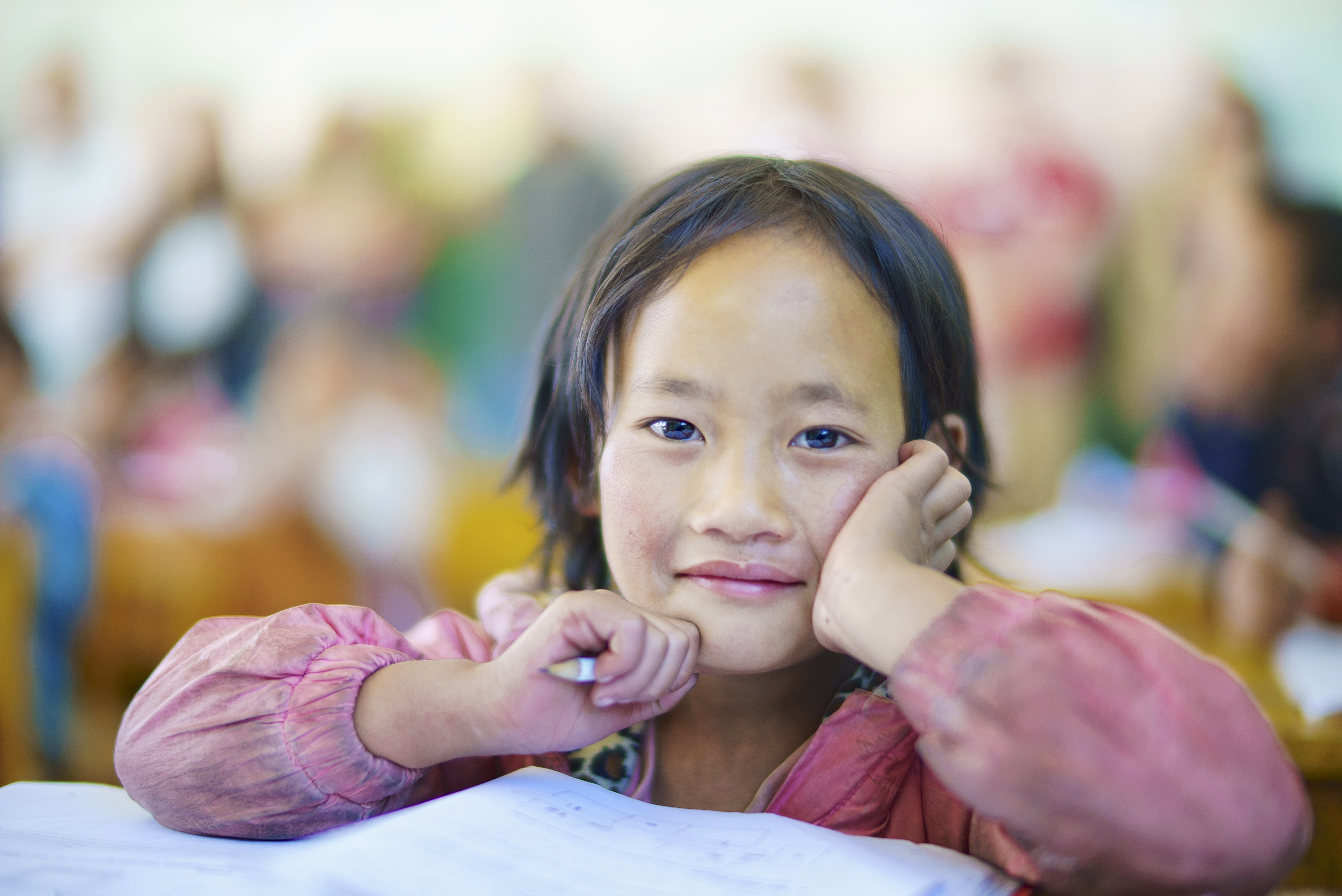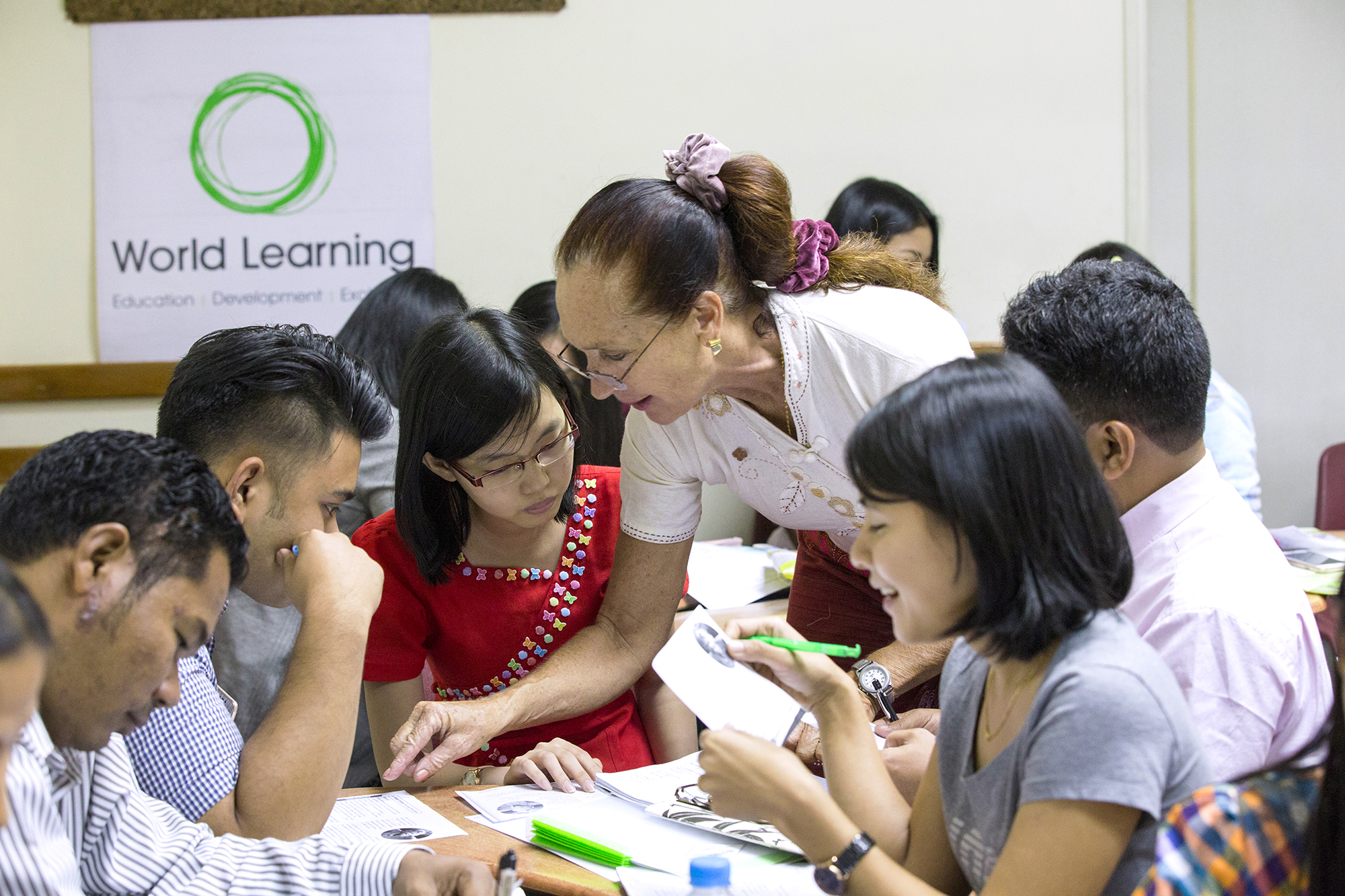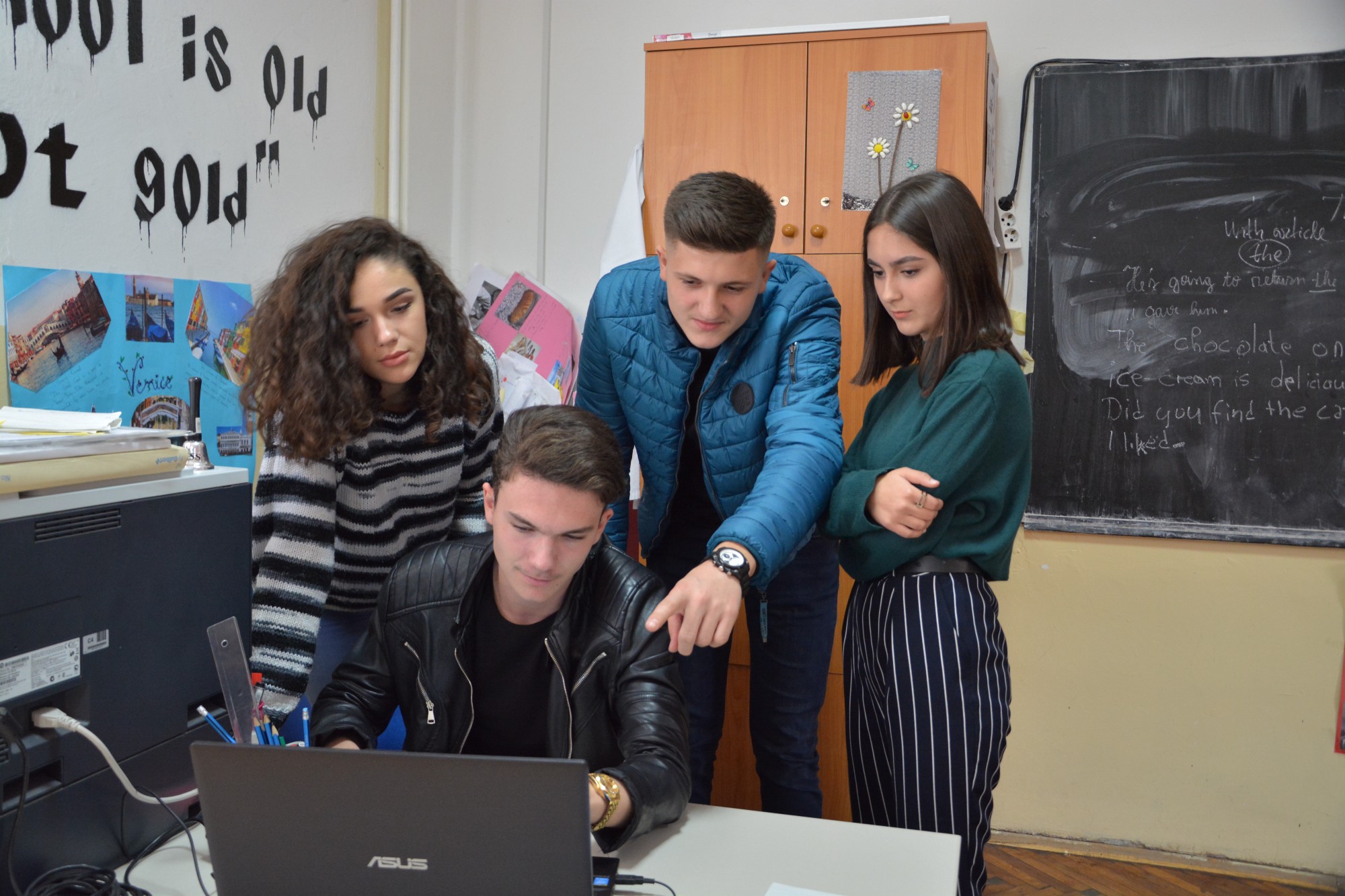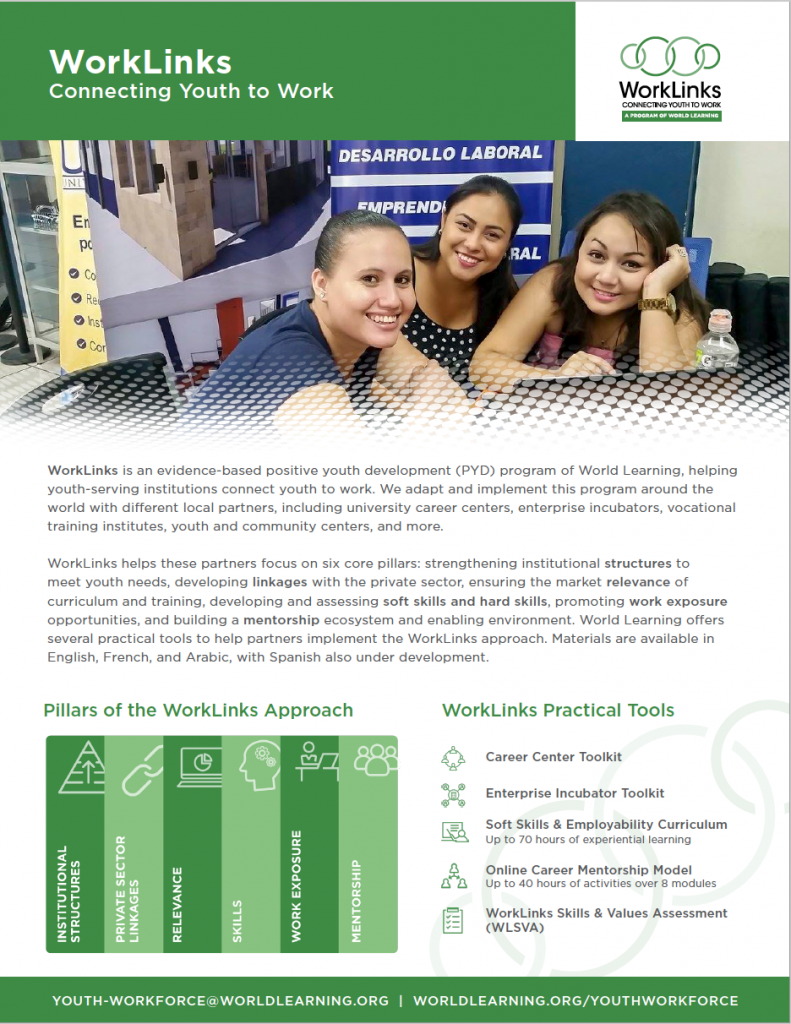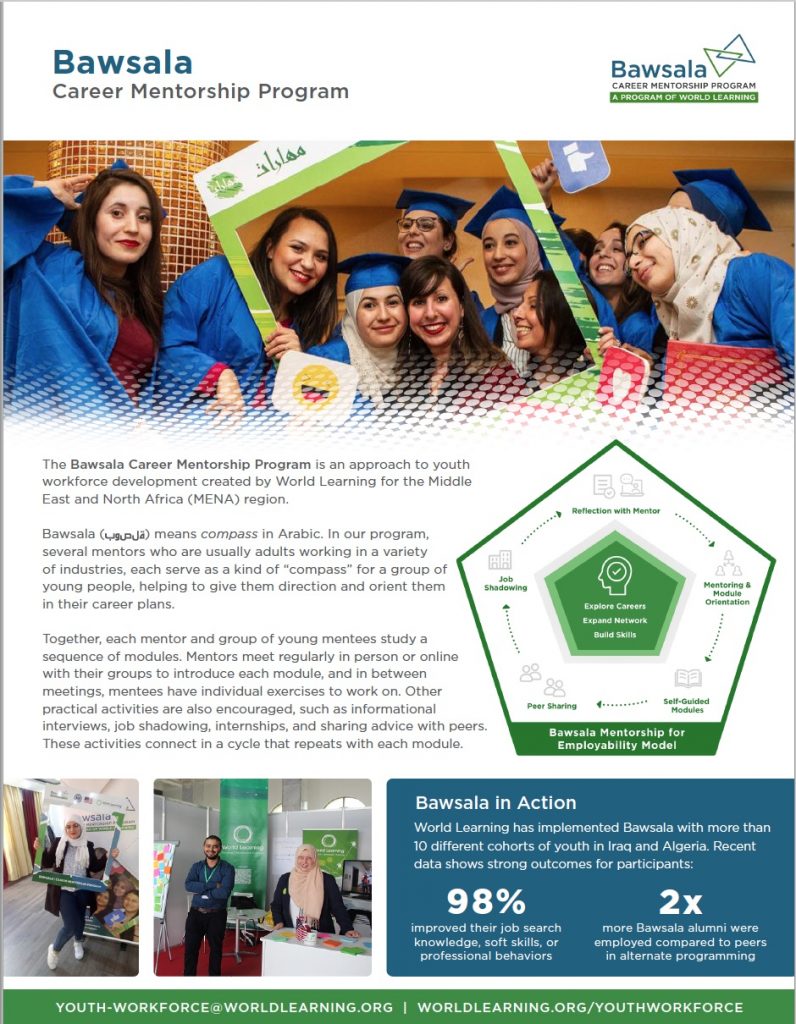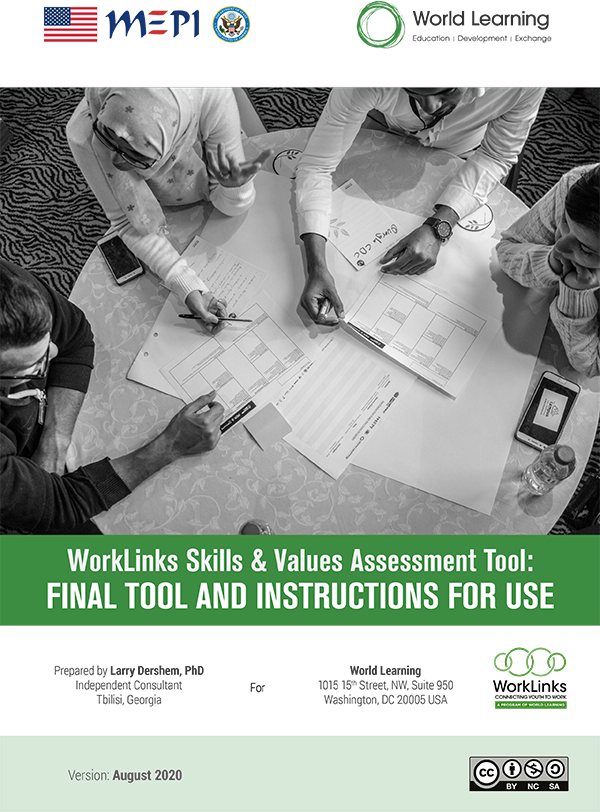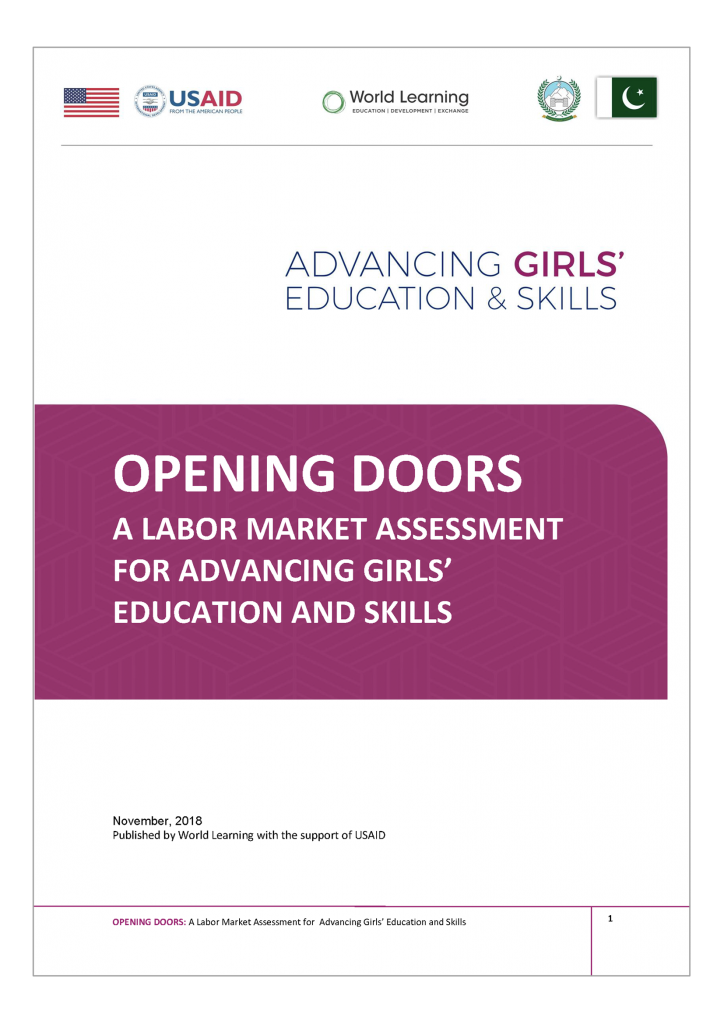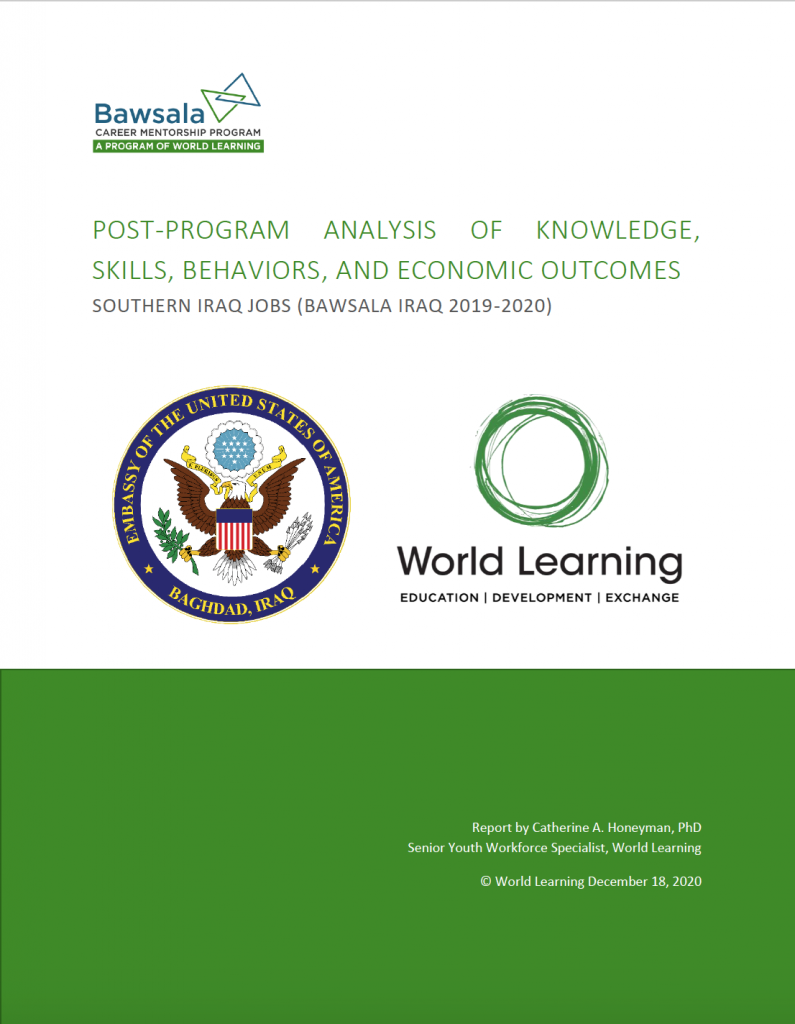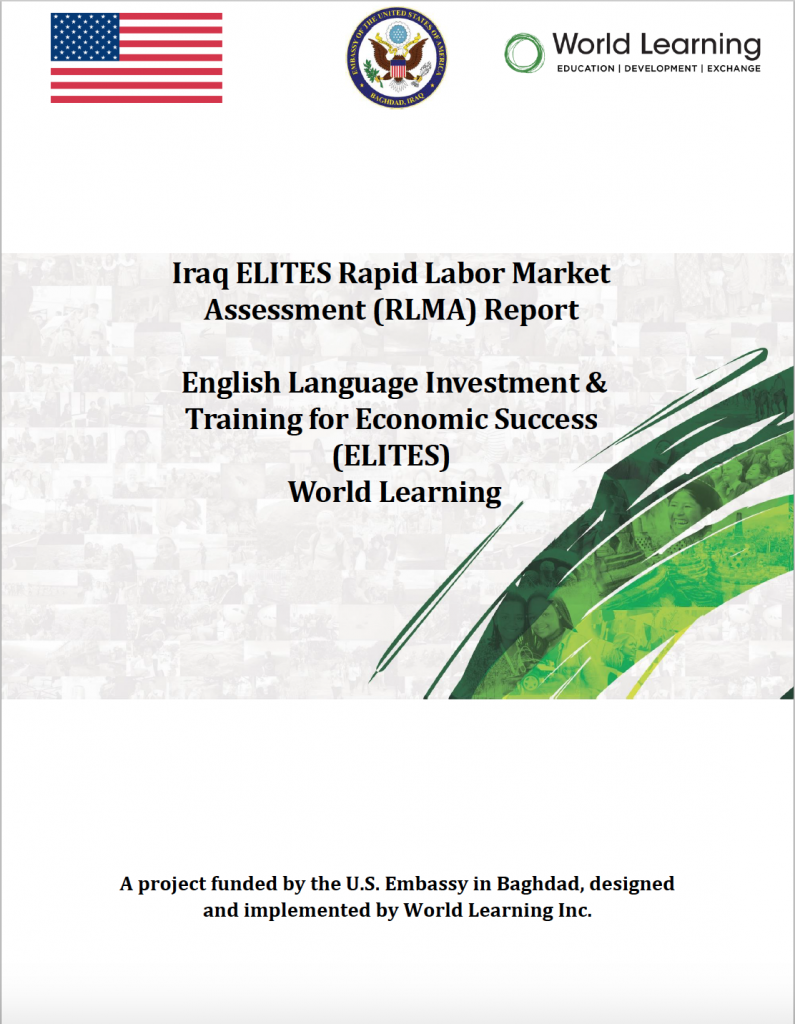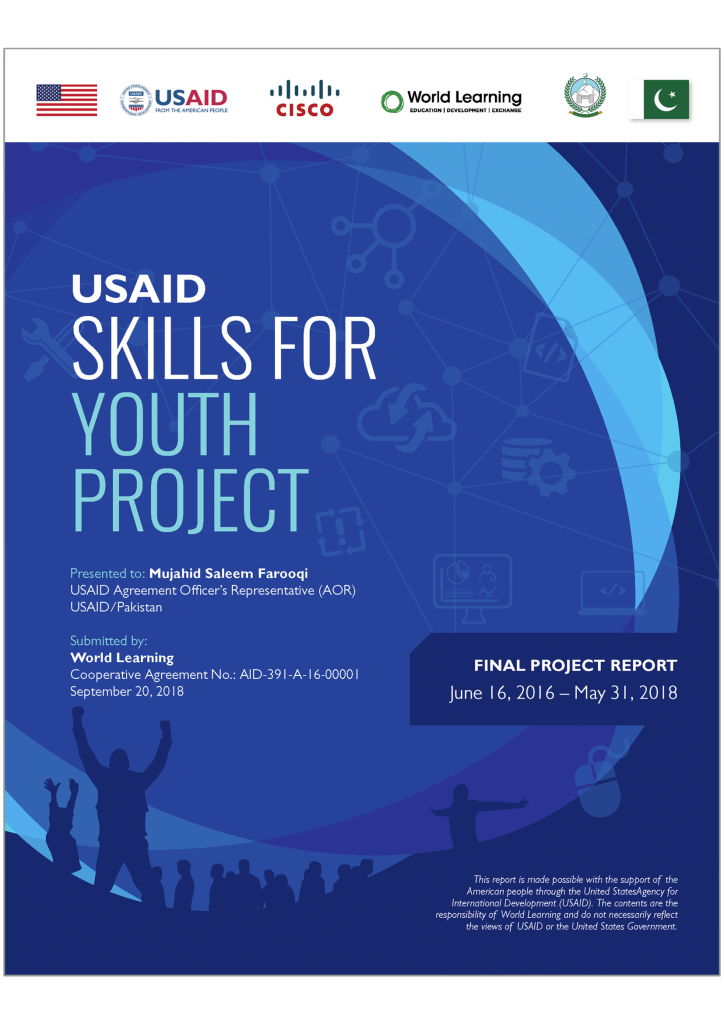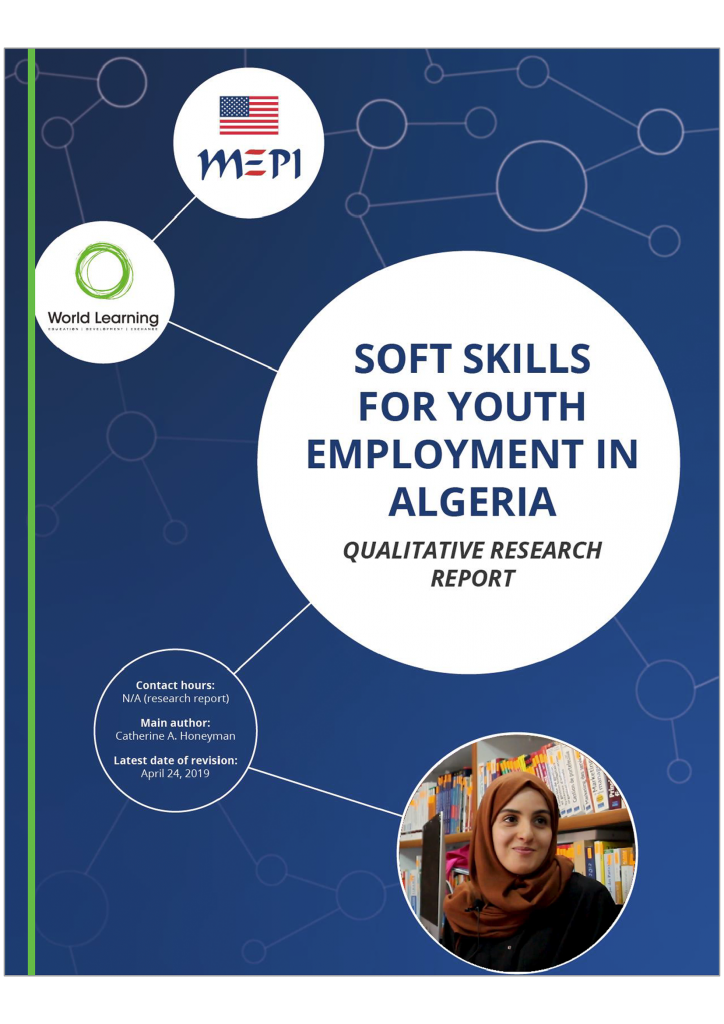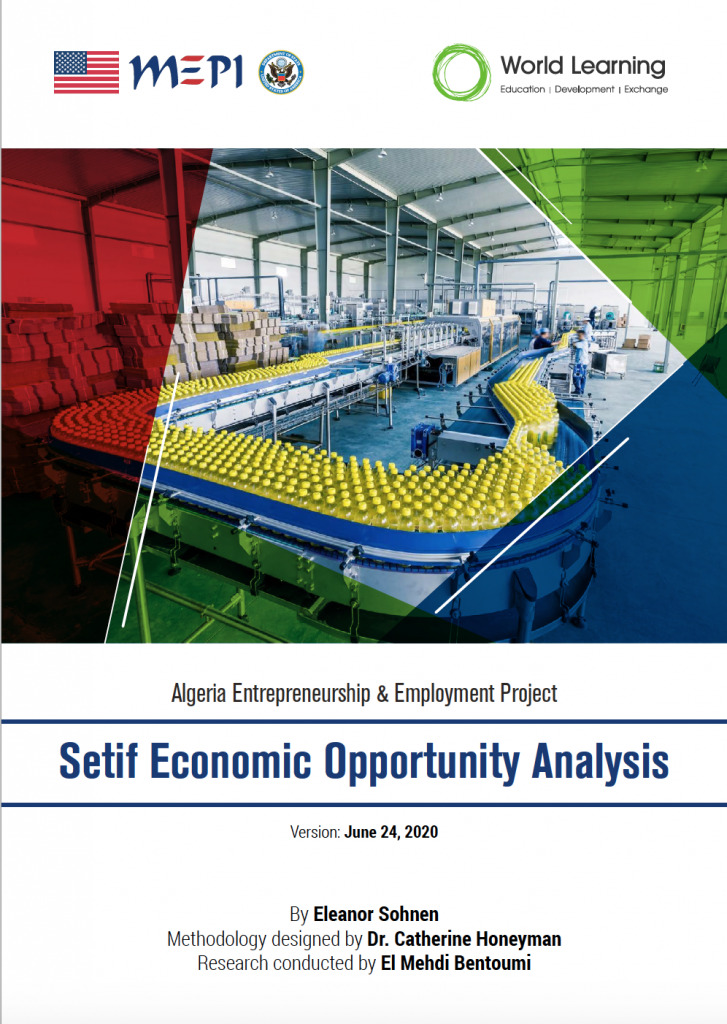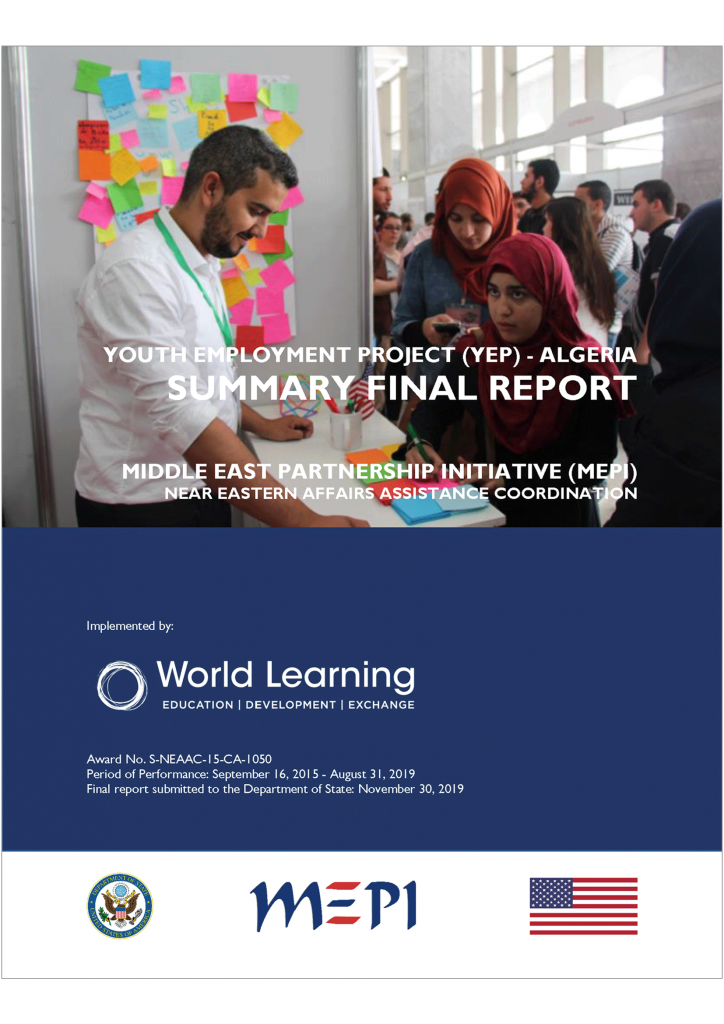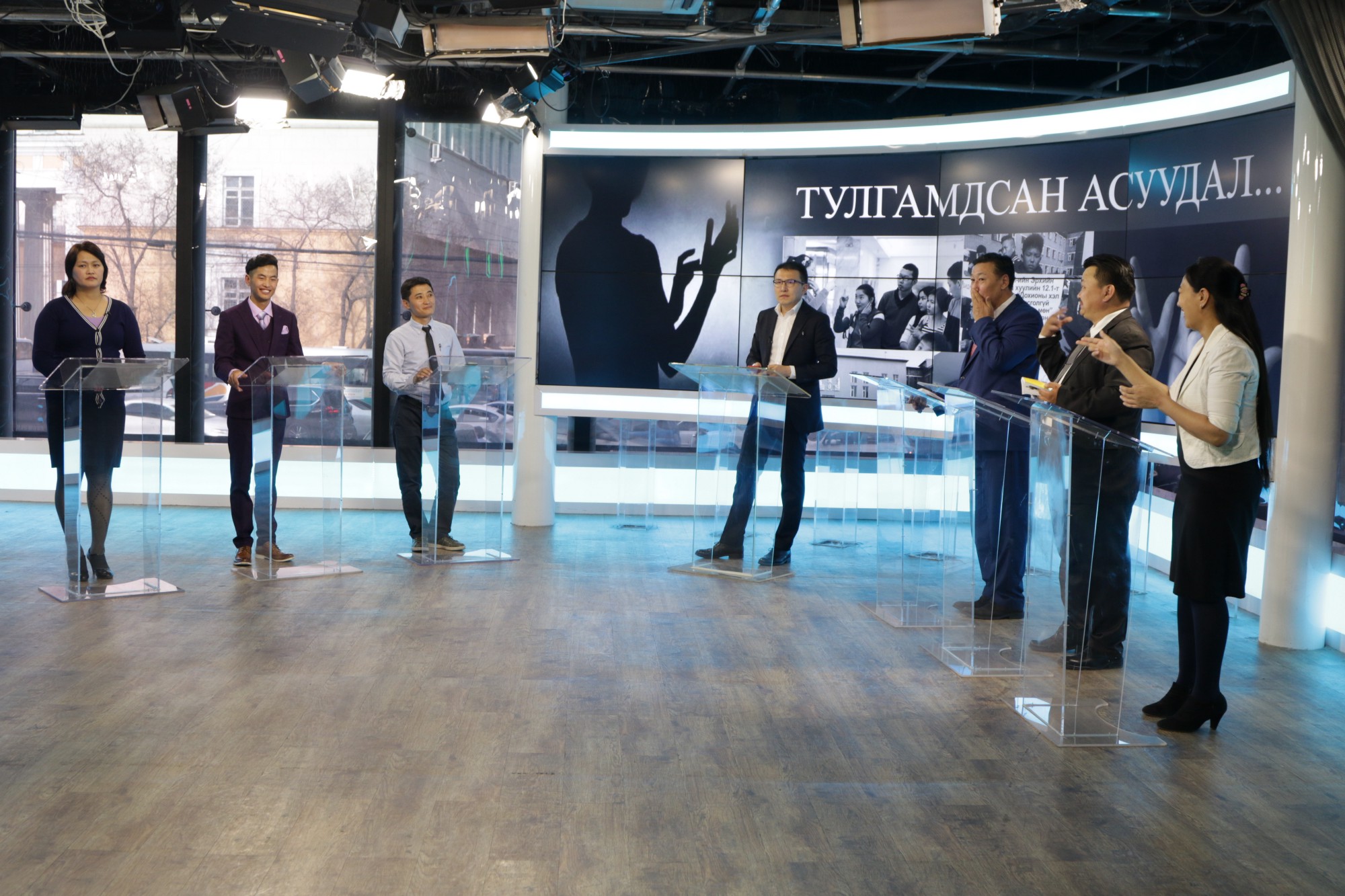SEL is the process through which people manage emotions, achieve goals, show empathy, maintain positive relationships, and make responsible decisions. These skills, essential for academic and professional success and to thrive in an ever-changing global society, become particularly necessary in times of crisis or conflict.
Rooted in a combination of education practice and psychology, World Learning’s SEL approaches focus on a range of competencies such as self-awareness, self-regulation, empathy, and conflict resolution. SEL is a pillar of World Learning’s Holistic Learning Approach and is imbued in the teacher professional development we lead and the teaching and learning materials we develop. Our team uses culturally relevant activities and approaches that ensure that educational activities support students’ and teachers’ well-being in a holistic manner, embedded in a safe and welcoming environment.
More than a decade ago, World Learning began providing psychosocial support trainings. Since that time, we have created SEL frameworks and curricula and implemented educational programs and trainings around the world. We work with government agencies, teachers, parents, schools, and local partners to assess needs and resources and develop culturally and contextually specific tools and materials. This locally led methodology ensures there is collective ownership and long-term, sustainable improvement in students’ social and emotional development. It ensures a broader, more transformational change.
In Lebanon—which has experienced political instability, an economic crisis worsened by the pandemic and the 2020 port explosion, and an influx of refugees—World Learning was instrumental in helping to build a national SEL framework that is strengthening the country’s national and local education systems. Through the USAID-funded Quality Instruction Towards Access and Basic Education Improvement programs (QITABI 1 & 2), World Learning supports Lebanon’s public and semi-private schools to improve learning outcomes across literacy, numeracy, and SEL.
Through our work embedding SEL and Universal Design for Learning principles into STEM teaching in Algeria, to our programs in Uzbekistan equipping youth with life skills, to our professional exchange programs on how to integrate SEL into the classrooms for teachers of English as a foreign language, World Learning grounds its programming in research-based SEL principles.
In addition, we implement well-established measurement tools to generate meaningful data that leads to increased accountability and stronger programs. This ensures that we use evidence-based SEL strategies in ways that are most meaningful to a local context.





